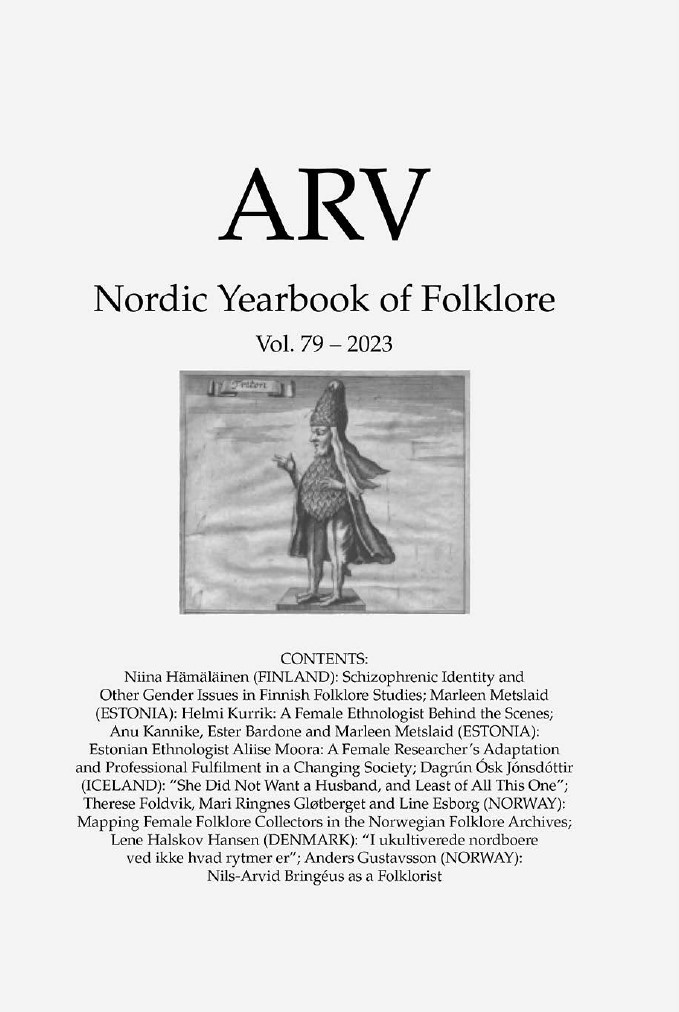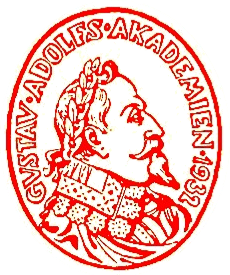The Estonian Ethnologist Aliise Moora
A Female Researcher’s Adaptation and Professional Fulfilment in a Changing Society
DOI:
https://doi.org/10.61897/arv.v79i.23089Keywords:
Estonian ethnology, Aliise Moora, Sovietization, woman researchers, research career, national sciencesAbstract
The article focuses on Aliise Moora’s (1900–1996) career as a researcher within the changing sociopolitical situation in Estonia from the 1920s until the 1980s. Furthermore, it situates her contributions within the field of ethnological studies. How were her research and position influenced by the change of regimes and the possibility or impossibility of keeping up with the development of her discipline in the West? How did she adjust to the official ideology and the restrictions the authorities had imposed on ethnological research? To what extent did she accept the post-war Soviet research discourse, and what was her role in preserving and advancing ethnology as a national science? The article also examines how Aliise Moora’s career was influenced by being a woman, the wife of the renowned archaeologist and academician Harri Moora, and the mother of a big family.
Downloads
Published
How to Cite
Issue
Section
License
In Volume 81 and subsequent volumes, authors of content published in ARV retain copyright to their works and articles are published under the terms of a Creative Commons CC BY license.
Content in Volumes 1 – 80 was published without a Creative Commons license, and the copyright for this content is held by Kgl. Gustav Adolfs Akademien.
View the journal's full Open Access Policy.




